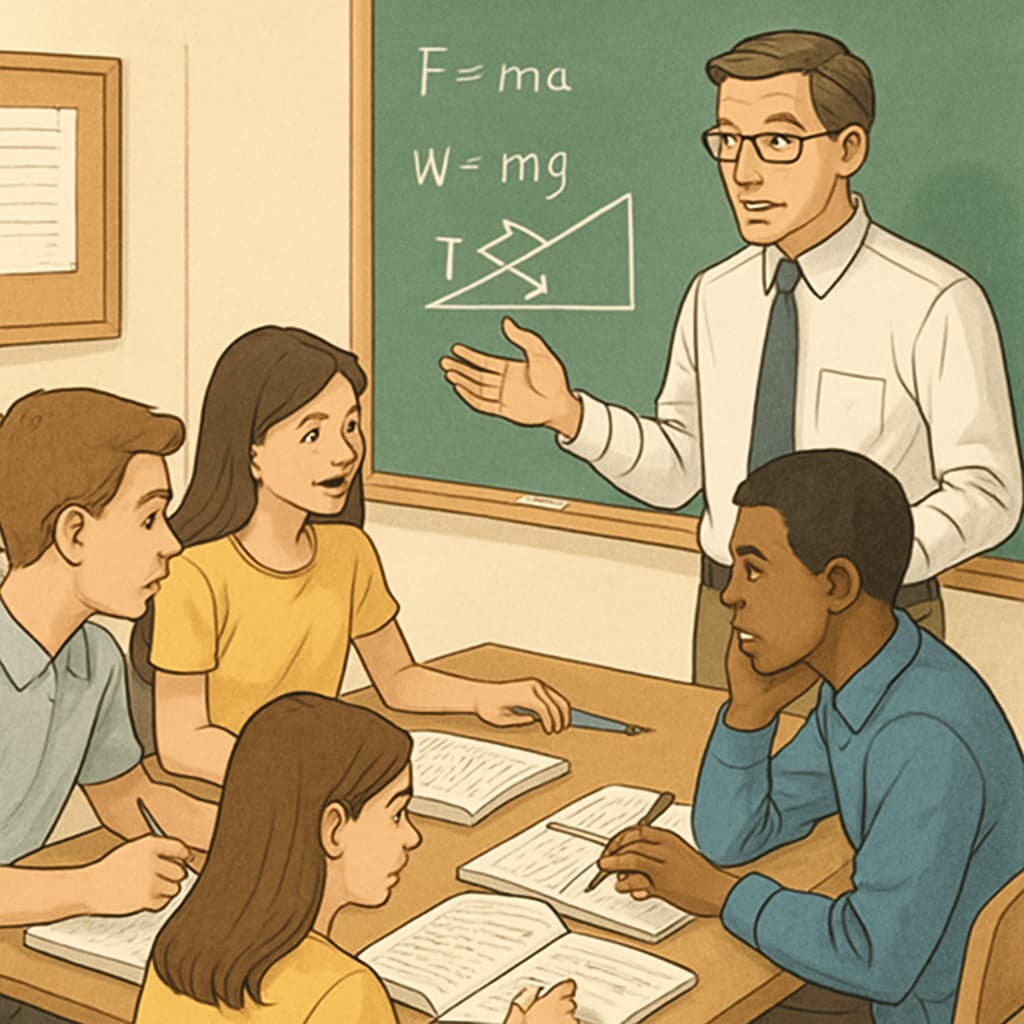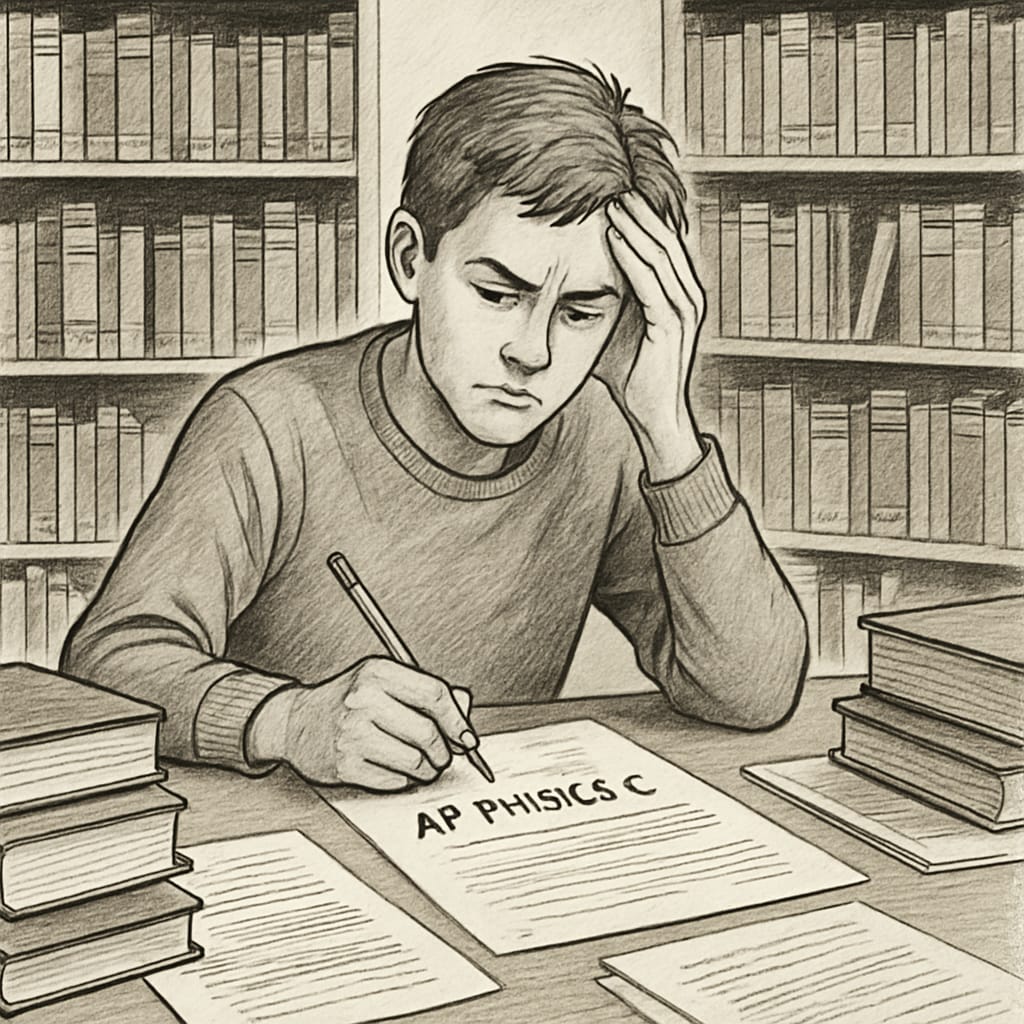In advanced courses like AP Physics C, where rigorous problem-solving and theoretical understanding dominate, students often rely heavily on their teachers’ expertise. Yet, teacher misconduct or errors can undermine this trust and create significant obstacles for students seeking fair evaluation. When combined with the complex nature of grade appeals, these issues highlight systemic flaws in educational practices that call for urgent reform. This article explores the challenges of teacher errors, grade appeals, and institutional accountability, advocating for a transparent and equitable education system.

Teacher Misconduct and Its Impact on AP Physics C Students
AP Physics C is known for its demanding curriculum, which requires teachers to guide students through intricate concepts like mechanics and electricity. However, instances of teacher misconduct—whether intentional or unintentional—can have far-reaching consequences. For example, incorrect exam questions or grading errors can skew student performance evaluations, potentially impacting college admissions.
Students in such situations often feel powerless. While some schools have mechanisms to address teacher errors, many lack standardized processes for resolving disputes. As a result, students may face lengthy delays, biased investigations, or outright dismissal of their concerns, exacerbating feelings of frustration and unfairness in the educational system.
Challenges in Grade Appeals: A Broken System?
When students identify errors in their grades, initiating an appeal can be daunting. The grade appeal process often involves navigating bureaucratic hurdles, presenting evidence, and waiting for administrative decisions. Unfortunately, these processes are rarely transparent. Students and parents frequently report a lack of clear guidelines or impartial review boards, leaving them unsure of how to proceed or whether their concerns will be taken seriously.
Furthermore, institutional policies may favor teachers or administrators over students, perpetuating a cycle of injustice. For example, appeals may require students to prove errors beyond reasonable doubt, a standard that can be difficult to achieve without access to grading rubrics or answer keys. This imbalance often leaves valid concerns unresolved, damaging students’ trust in the education system.

Steps Toward Transparency and Fairness
To address these challenges, schools and educational institutions must implement reforms to ensure fairness and accountability. Some potential steps include:
- Establishing clear guidelines: Schools should develop detailed policies outlining the grade appeal process, including timelines and required documentation.
- Creating impartial review boards: Appeals should be evaluated by independent panels to eliminate bias and ensure objectivity.
- Providing access to grading materials: Students should be allowed to review exam rubrics, answer keys, and teacher comments to support their appeals.
- Investing in teacher training: Regular professional development can help teachers minimize errors and improve their understanding of complex subjects like AP Physics C.
By implementing these measures, educational institutions can foster a culture of accountability, empowering students to seek fair treatment without fear of reprisal.
Conclusion: A Call for Educational Reform
The challenges associated with teacher misconduct and grade appeals in AP Physics C reveal deeper issues within the education system. It is essential to prioritize transparency, fairness, and accountability to ensure students receive the support they need to succeed academically. As advanced courses like AP Physics C continue to shape future scientists and engineers, addressing these systemic flaws is not just an option—it is a necessity.
Ultimately, creating a more equitable educational environment benefits everyone involved, reinforcing trust and integrity in the academic process. By taking decisive action, schools can pave the way for a brighter, fairer future for all students.


